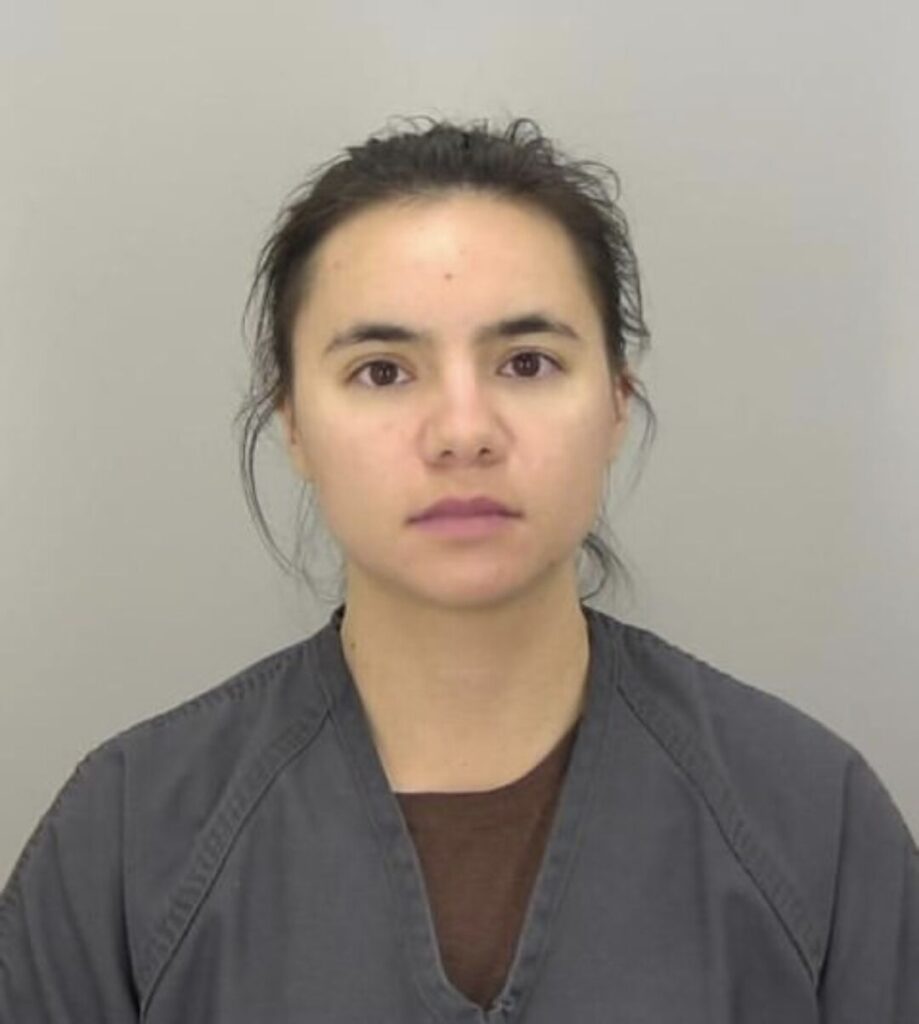Federal judge sides against Children’s Hospital Colorado in challenge to Defense Department rule
A federal judge on Wednesday rejected a challenge by Children’s Hospital Colorado to a new U.S. Department of Defense rule that will reduce reimbursements to the hospital system’s Colorado Springs and Aurora facilities by up to $17 million.
U.S. District Court Judge Nina Y. Wang determined the department did not exceed its authority under the law, nor did it act arbitrarily in migrating to a new method of paying children’s hospitals through TRICARE, the military healthcare program. With a methodology that now focuses on hospitals’ actual costs — rather than their historic reimbursements — Wang noted Children’s Colorado essentially wanted her to rule the government could never lower its payments to children’s facilities.
“Plaintiff’s approach would invalidate any regulation that has the ultimate effect of reducing reimbursements to a recipient hospital that has been repurposing the funds toward any end that could tend to increase” care, she wrote in an April 17 order.
Leila Roche, senior communications specialist for Children’s Colorado, said the organization was particularly concerned about the ruling’s effect in Colorado Springs, where its facility serves a high percentage of military children and is the primary pediatric hospital for the region.
“Since these TRICARE cuts were finalized last spring, we have been doing — and will continue to do — everything in our power to advocate with members of Congress and other elected officials about the dangerous consequences of this change and the implications for maintaining access to pediatric specialty care and preserving military readiness,” Roche said.
The disputed Defense Department rule took effect in October and governs reimbursements the government pays children’s hospitals through TRICARE. With a half dozen military installations in Colorado, the Colorado Springs and Aurora children’s hospitals serve around 16,500 patients annually who are insured through TRICARE.
Children’s Colorado, whose total operating revenue is $1.8 billion, estimated its two facilities will lose between $11 million and $17 million in TRICARE reimbursements each year thanks to the new rule, representing around one-third of all savings to the government. As a result, Children’s Colorado claimed it will have to turn away emergency room visitors, shutter its cancer and blood center, and reduce pediatric behavioral health programs, among other changes.
Consequently, it asked Wang to vacate the rule. The government, in turn, pointed out other children’s hospitals across the country will actually see increases in reimbursements.

The Pentagon is seen in Washington. (AP File)
The Defense Department also warned Wang that Children’s Colorado was receiving reimbursements at a far higher rate than other large children’s hospitals for certain services. It contended that the reimbursements in excess of costs were “used to subsidize” things like research, professional education and “community health improvement.”
The dispute was rooted in a 2001 law Congress passed, ordering the Defense Department to issue regulations linking TRICARE payments to Medicare reimbursements “to the extent practicable.” The department attempted to do so gradually, without cutting TRICARE reimbursements to children’s hospitals. Instead, children’s hospitals received “hold-harmless” payments to prevent their reimbursements from declining.
In 2019, the department proposed a new rule that would more directly reimburse children’s hospitals for their actual outpatient costs, rather than continue to link current payments to past reimbursements. The rule also authorizes supplemental payments for certain hospitals beyond costs alone.
“There’s nothing in the statute that suggests Congress meant to lock in those reimbursement rates,” Alexander W. Resar with the U.S. Department of Justice told Wang at a hearing last month.
The hold-harmless requirement “is permanent,” countered Stacy A. Carpenter, the lawyer for Children’s Colorado. “It says, ‘Children’s hospitals, we’re not going to allow you to have a change in your payment amount because you are this specially designated caregiver.'”
Wang was ultimately unconvinced that federal law required the Defense Department to “sustain additional services indirectly funded” by its reimbursements to Children’s Colorado.
“While the Court recognizes the benefits provided by the additional services allegedly jeopardized by the 2023 Final Rule, it is not the Court’s role to determine whether to continue indirectly funding them,” she wrote.
Roche, the spokesperson for Children’s Colorado, clarified the organization is still evaluating the long-term effects of lower reimbursements, but it will not “turn away” emergency room patients in violation of federal law. Instead, she said the hospitals “may have to arrange transportation for some patients to other venues of care.”
The case is Children’s Hospital Colorado v. U.S. Department of Defense et al.
Editor’s note: This article has been updated with statements from Children’s Hospital Colorado.











